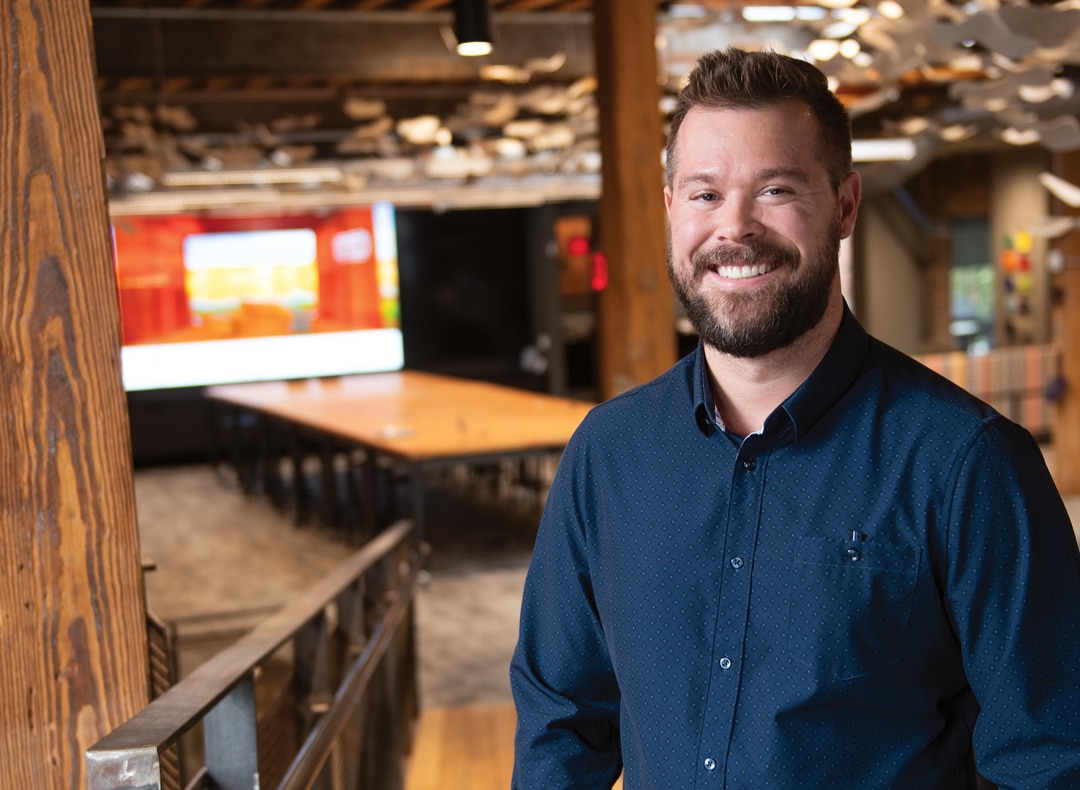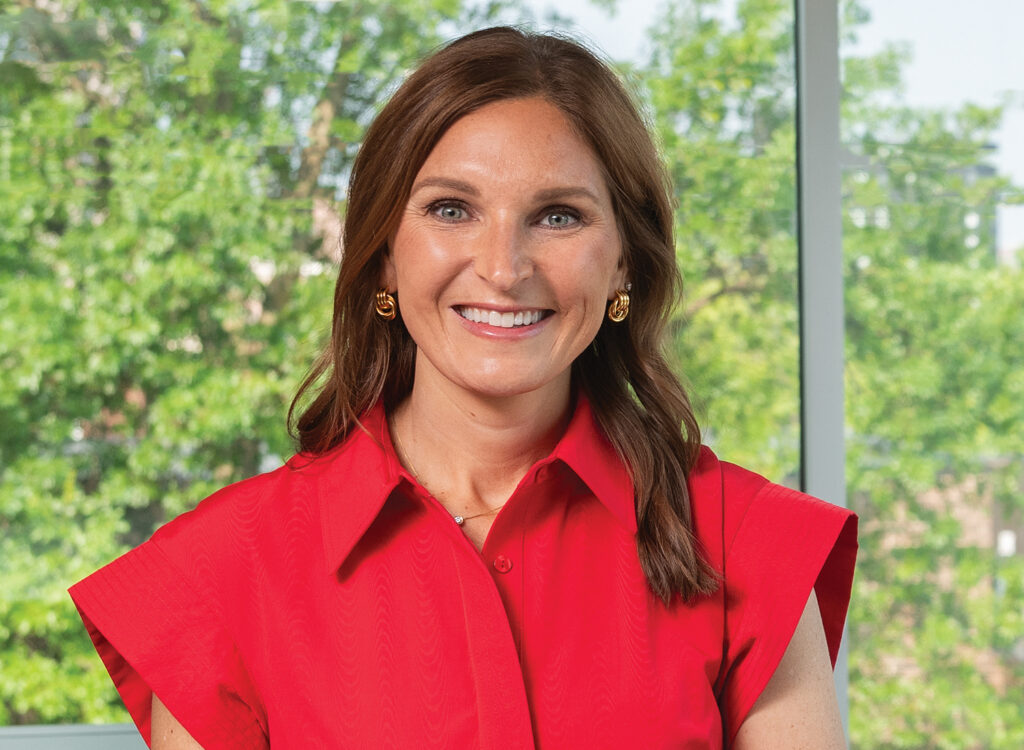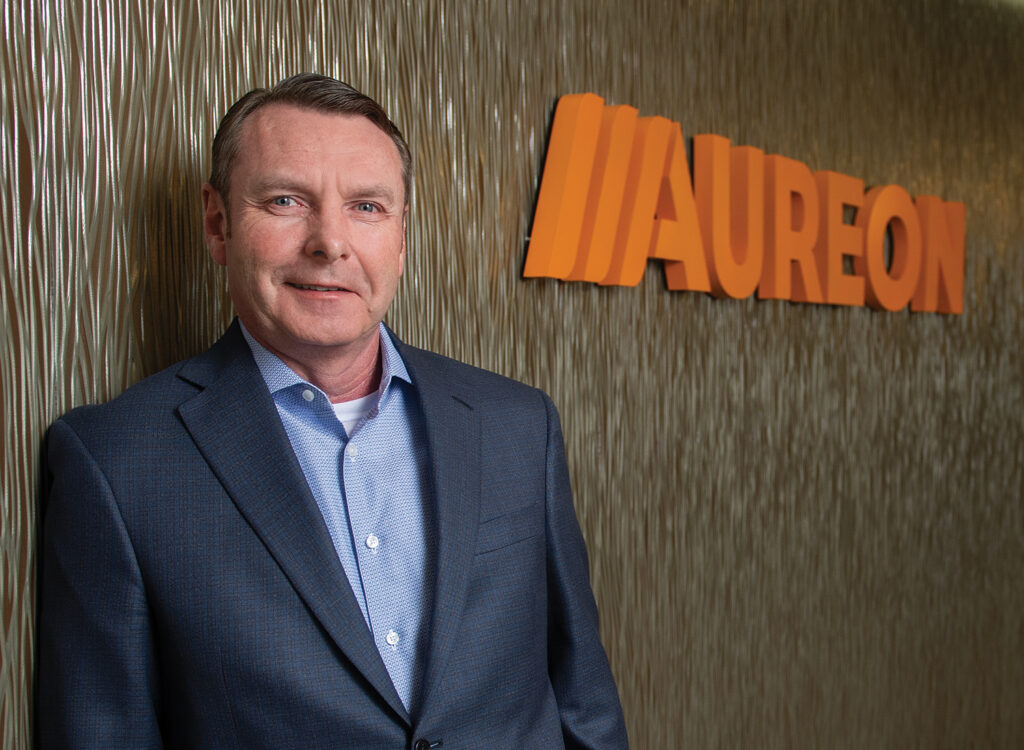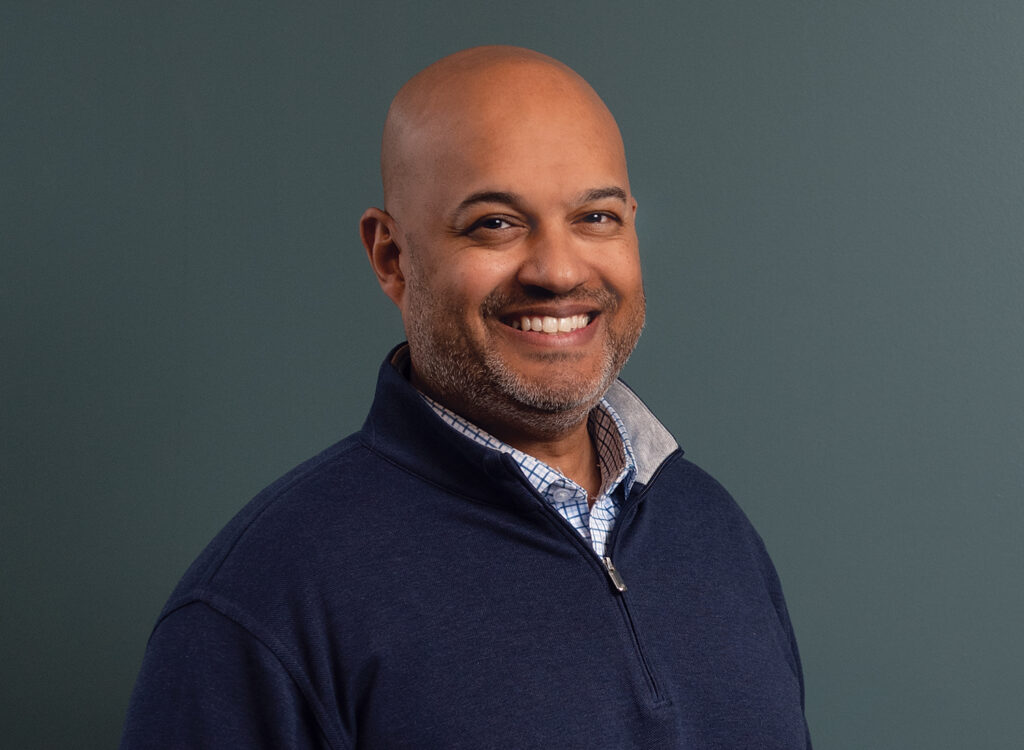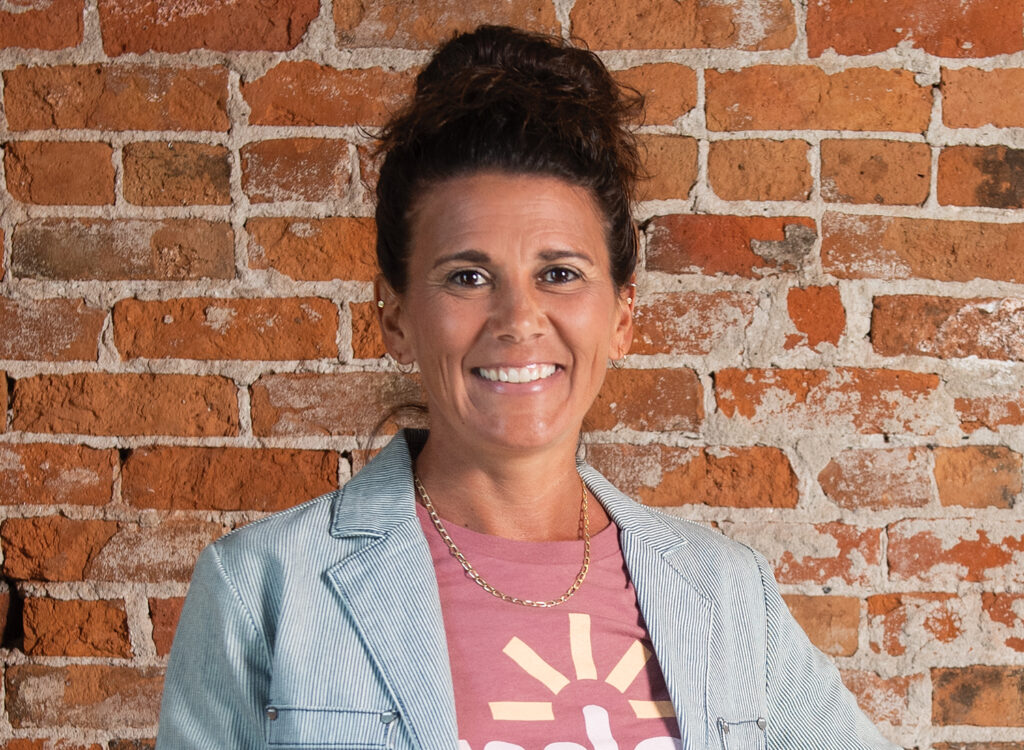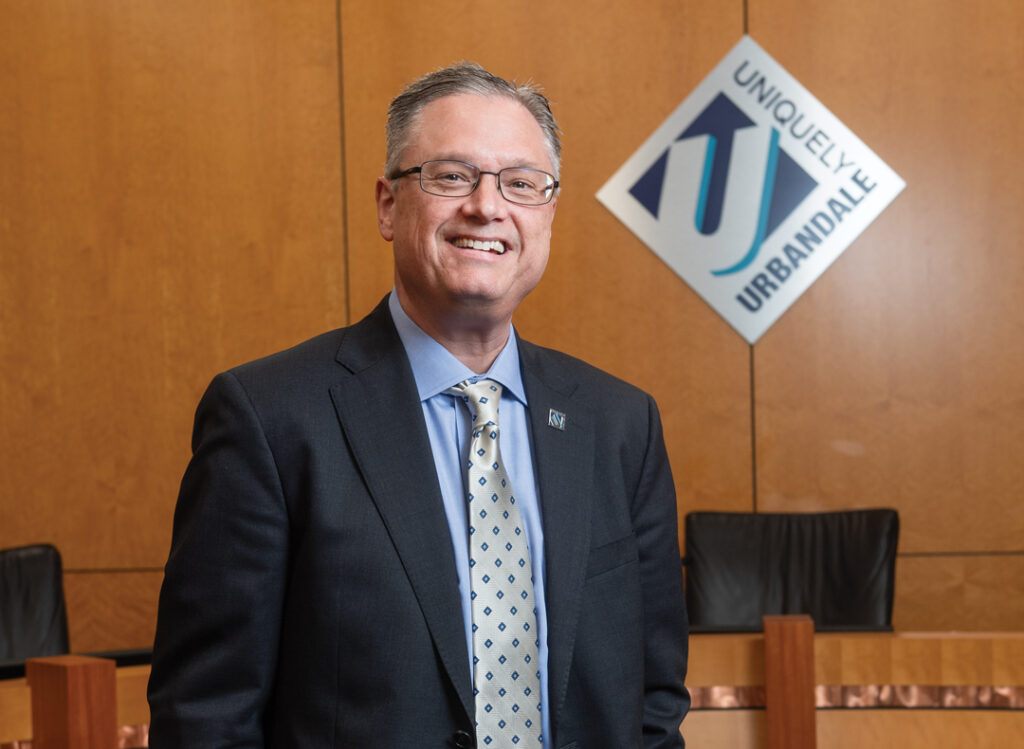A Closer Look: Luke Hoffman
Executive director, Iowa Bicycle Coalition
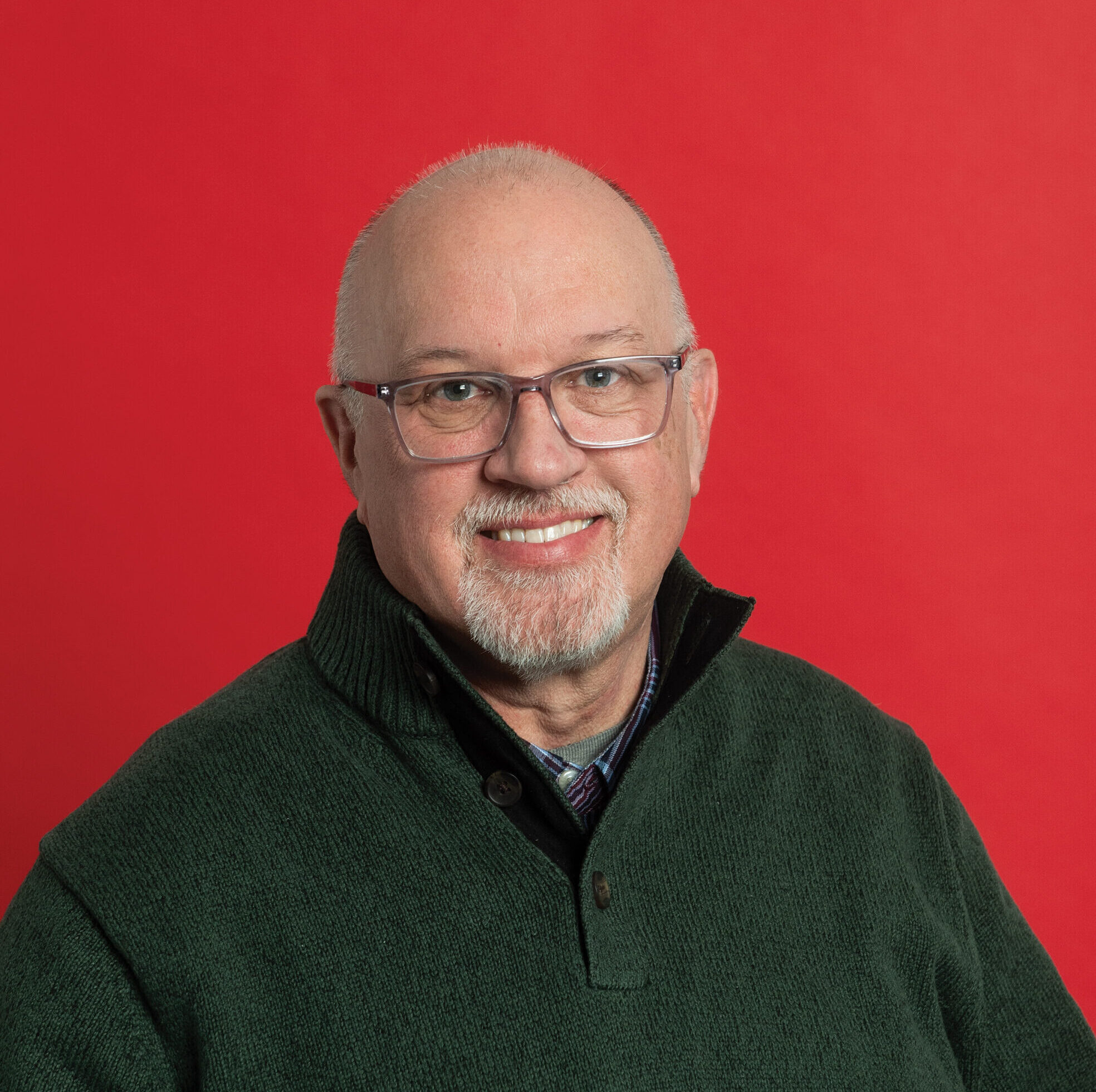
As an avid cyclist, when the position of executive director of the Iowa Bicycle Coalition opened up, it was a dream job for Luke Hoffman.
Hoffman took over the helm of the group in October after serving as executive director of Iowa Rivers Revival, an environmental education and advocacy group focused on cleaning and restoring the state’s waterways.
It’s that role, as well as his previous experiences as talent manager with the Greater Omaha Chamber, director of corporate relations with the United Way of the Midlands in Omaha, and as a member of the Polk County Water & Land Legacy campaign, that Hoffman said has helped prepare him for his new role.
Hoffman also speaks about his close family relationships and his dad being a pastor, which instilled in him the community values he sees as being important in each role he’s held.
“Community engagement, it’s a deep value for me, just being engaged in your community is so important. That’s who I am as a person. That’s who I am as a leader. That’s who I aspire to be and who I want to surround myself with. And then secondly, just the skill set, the hard skills and the soft skills that I’ve developed, I think are a good fit because you have to be out there connecting with people and connecting people to things other than just your organization.”
At a glance
Age: 34
Hometown: Grew up in Thurman in southwest Iowa. Currently lives in Des Moines.
Education: Bachelor’s degree in political science, University of Nebraska-Omaha, master’s degree in public administration, University of Nebraska-Omaha.
Activities: Hitting the trails, biking or walking; going to the gym.
Contact: luke@iowabike.org
What did you learn from your family, your parents and grandparents, that has influenced you as an adult?
I think a good way to illustrate that is at some point in my career, I took the Gallup StrengthsFinder. I really do believe in the philosophy of a Gallup StrengthsFinder. I think it’s very scientific and factual. So my strengths are strategic, communicator, individualization and arranger. The individualization and communication are things my family instilled in me at a very young age. Communication is everything. How we communicate with each other and how we treat each other is really important. I was the oldest of four siblings growing up, so it was always my role to make sure that I was a good older brother. I think about the way I was raised to treat my family and I extend that to how I want to treat other people in my daily life. I want to make sure that all cyclists feel that they have someone who has their back. How we treat people really matters, and how we communicate with them in doing that also really matters. So that’s something that informs my perspective.
What needs to happen to further develop the trail system statewide?
I’ve been thinking about this since day one. There is the Rebuild Iowa Infrastructure Fund [RIIF]. A component of that is the trails budget. The trails budget statewide is at $2.5 million. Over the past decade it is increasing, but in the context of a $2 billion (state budget surplus) it’s not a lot of money. A connector trail: that can take over $1 million. I would love to see that grow. I think there’s more that we can do there. If we invested more, we could do a project like the Katy Trail experience in Missouri. It’s about the stories we tell in our state. The experiences you can have when you’re on that trail. The small businesses you visited along the way, the places you stayed, the people you met, all you saw. We can have that here in Iowa. The way we can do that is we have the [Great American Rail] Trail, and 55% of it is done in Iowa, but of all the states in the U.S., Iowa has 19 gaps, which is the most of any state in the country. If we increase RIIF, maybe with a onetime increase to closer to $5 million or $10 million, and use that to complete the trails. Thinking about rural revitalization that can happen and how much economic development and placemaking we can provide if we increase the budget to complete it. Let’s get it done. Let’s finish the job. That would move the state forward two decades if we were to make that legacy lifetime investment. There’s an opportunity here. It’s about quality of life. It’s about rural revitalization. It’s about talent attraction. It’s about economic development, but mostly, it’s about people and places and what we can do with those things.
What role does developing strong private-public partnerships play in achieving your goals with the coalition?
It’s in the name, right? The Iowa Bicycle Coalition. So how can we operate as a group to have collective impact? To have that impact, we have to be operating as a coalition and we have to really live up to that name. That’s really important to me. Going back to my background and experience in community engagement, if you really want to leave a mark and improve people’s quality of life, you have to work together. You have to work with partners, and that’s what I plan to do.
How would you describe your management style?
I want to be somebody who is not immune to inspiration on a daily basis. I want to find one reason every day to be inspired by the work we do and our mission. We are a small and mighty staff. We have three staff [including Hoffman] but it’s statewide. From a leadership perspective, how I want to lead these staff and how I want to lead with partners and stakeholders, I want to find one reason to be inspired everyday. If you can do that, you can stay motivated.
What book have you read recently?
Earlier this year I was reading “The Daily Stoic” by Ryan Holiday. It comes with an accompanying twice-a-day journal with introspective prompts. The other book is “How Data Happened” by Chris Wiggins and Matthew L. Jones. It’s a history from the Age of Reason to the Age of Algorithms. It’s a great read so far.

Michael Crumb
Michael Crumb is a senior staff writer at Business Record. He covers real estate and development and transportation.

